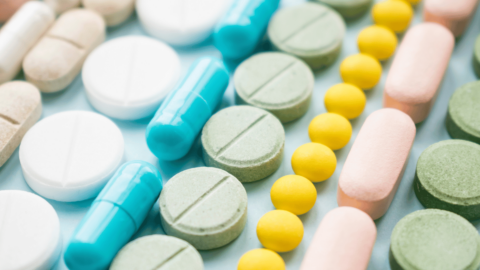If you or someone you love is struggling with opioid use disorder (OUD), understanding the available treatment options can be life-changing. Among these options, Medication for Opioid Use Disorder, commonly known as MOUD, is a powerful tool in the battle against opioid addiction.
This article will take an in-depth look at what MOUD is, how it works, and why it might be the right choice for those seeking recovery.
What is MOUD?
MOUD stands for Medication for Opioid Use Disorder. It refers to the use of FDA-approved medications, combined with counseling and behavioral therapies, to treat opioid addiction. MOUD is a comprehensive approach that helps individuals manage withdrawal symptoms, reduce cravings, and restore normal brain function over time.
This treatment is not a one-size-fits-all solution; it’s part of a personalized plan tailored to meet each individual’s needs. MOUD can be used in various settings, including outpatient clinics, inpatient facilities, and through telemedicine services like QuickMD.
How Does MOUD Work?
MOUD works by addressing the physical and psychological aspects of opioid addiction. The medications used in MOUD target the same receptors in the brain that opioids do, but they work in a way that doesn’t produce the same high.
Instead, they help to stabilize the brain’s chemistry, reduce the painful symptoms of withdrawal, and diminish cravings.
There are three main types of medications used in MOUD:
- Methadone: A long-acting opioid that helps reduce withdrawal symptoms and cravings without producing a high. It is typically administered in a clinic setting.
- Buprenorphine: A partial opioid agonist that works similarly to methadone but with a lower risk of misuse. Buprenorphine (Suboxone) can be prescribed by a certified healthcare provider ay QuickMD and taken at home, making it more accessible for many people.
- Naltrexone: An opioid antagonist that blocks the effects of opioids. Naltrexone is non-addictive and can be taken as a daily pill or a monthly injection.
Each of these medications works differently, and the right choice depends on the individual’s specific needs, medical history, and treatment goals.
Why is MOUD Important?
MOUD is a critical component of opioid addiction treatment because it addresses both the physical dependence on opioids and the psychological aspects of addiction. By using these medications, individuals can focus on their recovery without the constant battle against cravings and withdrawal symptoms.
Research has shown that MOUD significantly reduces the risk of overdose, improves retention in treatment programs, and increases the chances of long-term recovery.
It’s not just about managing symptoms—MOUD can help individuals regain control of their lives and rebuild their future.
Is MOUD Right for You?
Deciding whether MOUD is the right choice is a deeply personal decision. It’s important to consider all the factors, including the potential benefits, any possible side effects, and how the treatment fits into your overall recovery plan.
At QuickMD, we understand that everyone’s journey is unique. Our compassionate healthcare providers are here to help you navigate your options and find the treatment that’s right for you. With our telemedicine services, you can access MOUD from the comfort and privacy of your home, making it easier than ever to start your path to recovery.
Conclusion: Take the Next Step Towards Recovery
If you’re struggling with opioid use disorder, know that you don’t have to face it alone. MOUD offers a safe and effective way to manage addiction, and at QuickMD, we’re here to support you every step of the way.
Ready to take control of your health? Learn more about our MOUD services and schedule a confidential consultation today. Your journey to recovery starts now.




